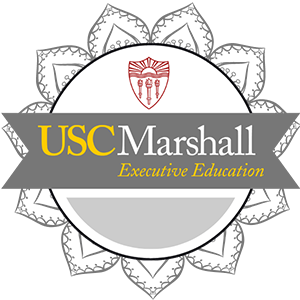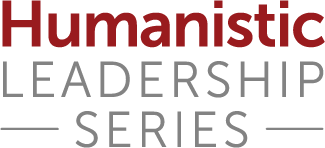Course Information
Psychological Safety: Unlocking Your Team’s Full Capabilities
Ready to advance your career or empower your organization? Request more information today and take the first step towards your future with confidence.
Psychological safety is recognized as a key differentiator in successful team performance and a foundational component for openness, creativity, and risk-taking. In this two-hour program, we will first briefly review the research to establish credibility. Following the introduction, the program moves to an exercise where participants experience the presence and absence of a psychologically safe environment.
Following awareness and experience, we discuss how to create psychological safety and enable high performance. The activity will offer lessons that participants can immediately apply to subsequent sessions, daily work, and even personal relationships.
Find out why leading Fortune 500 companies have partnered with USC Marshall Executive Education to make Psychological Safety a professional development requirement for their senior-level leaders. Learn to implement the same environments as these Fortune 500 companies and develop more creative, inclusive, and resilient teams and organizations.
Key Takeaways:
- Establish credibility for psychological safety
- Understand perception vs intent
- Have moral courage
- Facilitate everyone speaking up safely
- Create space for new ideas
- Make an intentional effort to promote open dialogue
- Establish norms for handling failures
For more, check out our Humanistic Leadership Series page.
Who Should Attend

Digital Badge and Certificate
TIME REQUIREMENTS
Additional Dates
COURSE DISCLAIMER

Foster the confidence to lead in this challenging business world with artificial intelligence and machine learning increasingly displacing workers. AI technology delivers best when it serves human needs while teamwork delivers success when it is innovative, mindful, and curious. The Humanistic Leadership collection of courses give you the insights, tools, skills and passion to get your teams and business thriving.


